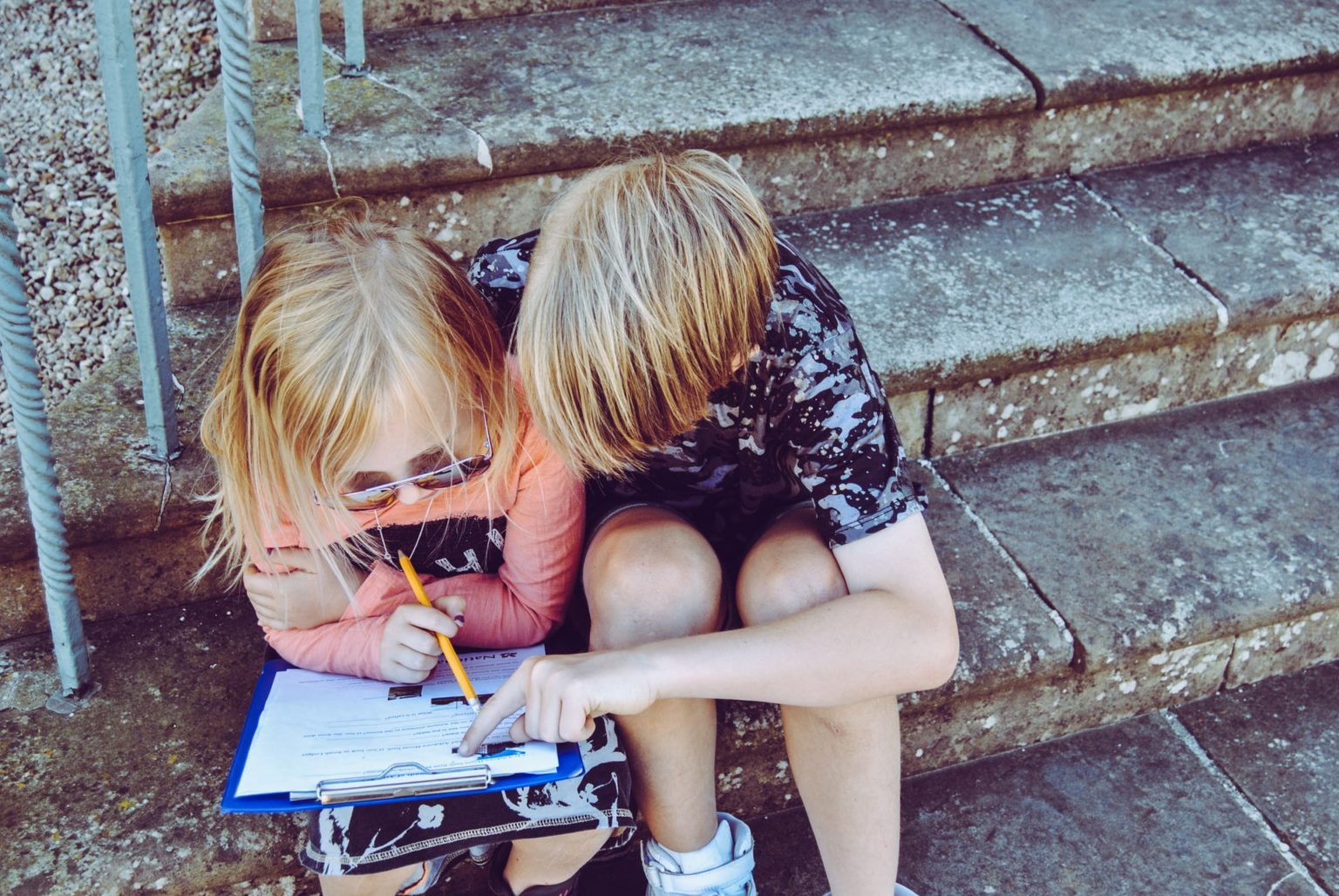As parents, many people spend a lot of time and energy learning how they can be the best possible parent to their child from when they’re born all the way through to their teenage years. However, the job isn’t over once they turn eighteen or leave school. Preparing your children for life after school is just as important as preparing them for their first day of kindergarten, or sending them out to play with friends on their own for the first time. Entering a new life stage brings with it a lot of uncertainty, so how can you make sure your children are as prepared as possible?
Having a rough plan of what skills and knowledge you need to give your child so they can succeed is a great way to ensure they don’t feel overwhelmed after leaving school. Whatever awaits them down the road, the following tips will make sure they know what to expect where possible and are prepared to handle even the unexpected.
Educate yourself on the issues of today.

Modern issues for your teenagers are very different than when you were a teenager. One of the most urgent issues of our time is a racial justice, with many people around the world suffering from the system of racism that so many societies have been built upon. Educating yourself and your child on white fragility is vital for children of all ethnicities. We need to equip the next generations on prejudice and the racist system, so they know how and when to face down racist bad people. Using a beautiful book to educate your family on the phenomenon of white fragility is an excellent first step for a white reader. Once they understand the issues, they can begin to take on accountability and undertake a more in-depth exploration as they grow older.
Other areas that are good to prepare your child for divisive issues that they might face after school are gender identity, LGBTQ+ issues, and so on. Be a facilitator for them to be able to express themselves any way they choose and to be able to be advocates for other people, on gender issues, race relations, disability, or any other topic. Having a courageous conversation with them now, perhaps off the back of a new book on racial issues or systemic racism, could stay with your child for a long time.
Make sure the school is up to scratch.

You might be the primary caregiver for your children, but there are other people who will be in frequent contact with them in the run-up to leaving school. Making sure the teachers and school ethos that your children will be exposed to are in line with the values you want them to have is therefore vital. For example, looking at a school like this Catholic high school in Paramus, NJ would be great to inspire them to take Catholic values into their adult life. These values could change depending on your family values, what’s important to your child, and what kind of identity you want them to build for themselves.
Getting clarity on what each school available to you can offer your child only takes a small amount of effort. Most schools will write their values and ethos clearly on their website, like this collaborative charter academy, so take that little bit of extra time to research schools and their aims for teaching before enrollment. School is the perfect time to build ongoing self-awareness, so make sure the school you choose does it right and with passion.
Let them use their freedom.

If there’s anything that becomes more clear as children grow up, it’s that independent teenagers need their own freedom as human beings to thrive. Making sure they know what boundaries they still have lived under your roof and what freedoms are given to them as they grow up gives them a healthy appreciation for their own independence. It also means that once they leave school and begin to build their own independent lives, they have been slowly prepared with more and more responsibility over time, rather than having too much given to them all at once.
Socialization works best when taken slowly, so begin with small tasks when they are small children, like household chores that earn them pocket money. From there, you can start to build on budgeting responsibilities, time management, and other key skills that they will need for successful adult life. The lessons you teach them as children will stay with them as part of their moral and professional compass, so encouraging mastery of these key interpersonal skills will only help them down the line. Plus, engaging with them on their level and giving them these freedoms is relationship building for you, helping them to trust you and ask questions where they encounter problems. Knowing that you are there to advise and help in their own decisions from an early age helps them to see you as a partner in adult life, rather than someone handing out rules that they might not agree with themselves.
Teach them to support themselves.

As much as you might want to be there for your children all the time, they also need to know how to take care of themselves and stand on their own two feet. Mental health is an important consideration for any young person, so helping them learn how to practice self-care can be a huge help. Self-care looks different for everyone; that’s why starting at a younger age can be so useful. From mud masks in the bath to simply sitting down with pen and paper and writing out their thoughts, something different works for everyone.
More than finding what works for them, getting them to understand why self-care is important should be the main focus. As they grow older and take on more responsibility, they will find themselves under more stress. Knowing how to keep themselves resilient in the face of stress is vital for them to thrive in life after school.
Answer their questions honestly.

As their behavior grows over time, they will come up against obstacles that you aren’t around for — it’s only inevitable. The best thing you can do to support them in these cases is to simply answer their questions or worries honestly. Avoid skating around the problem, especially about potentially sensitive topics like gender expression, sexual orientation, or social justice. Handling such issues in the wrong way or without honesty could result in a loss of trust between you and your child. Create a space where they know they can bring you their questions.
Above all, make sure that any steps you take are tailored to your child. All the best strategies in the world won’t work unless they fit what your child identifies with and responds well to. Listen to what they’re asking for and if you’re ever unsure, just ask them what they need help with or what they’re worried about. Kids and teenagers know a lot more about what they need than we give them credit for, so don’t be afraid to listen to what they’re telling you. Follow your instincts as a parent, and you’re sure to find the right path to guide your child smoothly into adult life after school.















